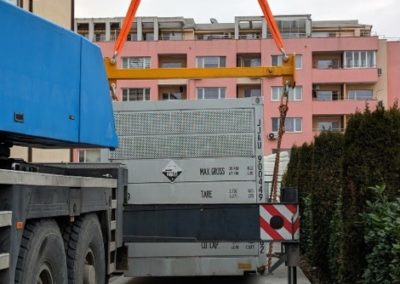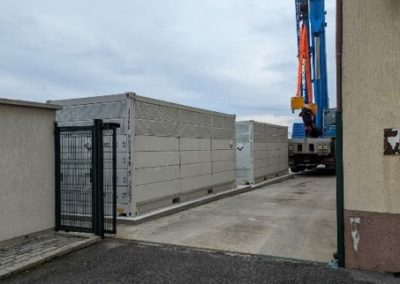Energy Resiliency in Bulgaria
Urban deployment highlights resiliency and safety benefits of vanadium flow batteries
Bulgaria is currently spending around €0.5bn to upgrade and expand its power grid, as part of the Carmen II project which the EU executive is looking to support with EU funding. Additionally, in the aftermath of the recent energy crisis, and the drive to reduce emissions across Europe, Bulgaria is looking to increase its renewable generation base, as analysis from the European Wind Energy Association estimates that the country could generate up to 3.4 GW of potential wind power.
The Brief
The customer, a TV production company in Sofia, Bulgaria, made the decision to set up their own independent supply of electricity to ensure they had continuous, reliable renewable power on demand. Bulgaria’s electric grid has historically been heavily dependent on fossil fuels and the recent energy crisis has accelerated the country’s drive towards securing greater energy sovereignty.
Solar PV modules have been installed to generate onsite power but to ensure business continuity when the sun isn’t shining or during a blackout, a safe, flexible and longer duration battery storage solution was required.
The customer worked closely with leading Bulgarian renewable energy developer, Profi BG, who assessed that Invinity’s vanadium flow battery system was the ideal technology to make this innovative project a reality.
solar PV
Coupled with a
Invinity VS3 VFB
Facility powered by up to
renewable electricity
The battery will be used primarily for Solar shifting, which means the battery will store excess solar generation during the daytime when prevailing market prices are low and discharge into the evening price peak and at other times when demand is high (as demonstrated in the chart below).
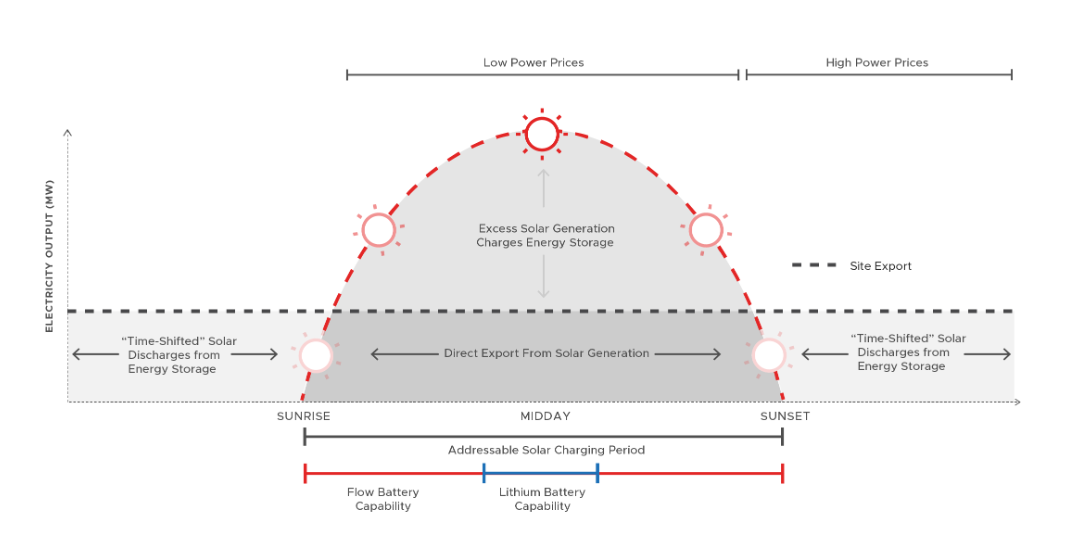
The Result
Invinity’s two VS3 vanadium flow batteries will provide the site with an option to switch to self-generated, low-carbon power, cutting costs and reducing carbon emissions while also allowing continuous operations in the event of a blackout.
Bulgaria’s transitioning energy sector needs increased energy storage
The Bulgarian parliament’s National Recovery and Resilience Plan has been designed enhance the country’s economy following Covid-19 but it also includes the development of their renewables sector, specifically targeting 6,000 MWh of energy storage infrastructure that will be wholly financed from the Recovery and Resilience Facility. The parliament has already recognised that energy storage facilities and their integration into their national power system are necessary to support the rollout of low-cost, variable renewable energy onto their grid.
Bulgaria’s electricity market saw a significant first in May 2023 when it became a net importer of electricity. This was not because it lacked sufficient generation capacity (the Bulgarian grid is still heavily dominated by coal generation – see charts below), but rather that it was cheaper to buy it from elsewhere (from the likes of Greece and Romania).
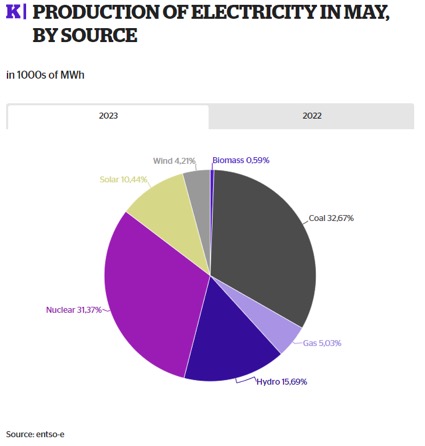
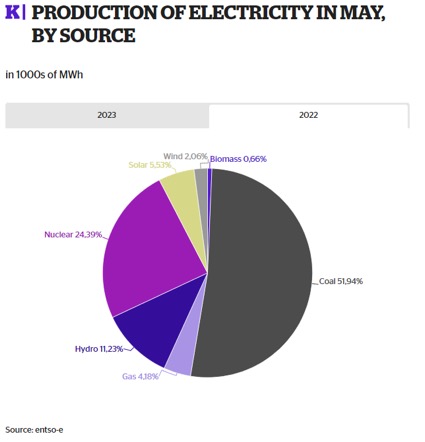
What is more interesting though from these charts is that the share of solar generation has doubled in the space of a year and is taking increasing market share (see chart below):
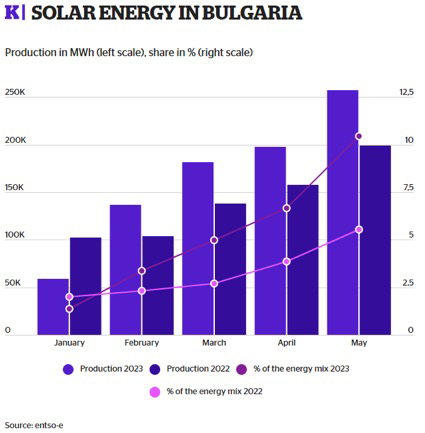
As Bulgaria looks to decarbonise by deploying solar and wind generation, whose capital and operating costs are continuously falling, the country’s transitioning energy system will require greater flexibility in the form of energy storage to ensure it has a balanced grid at all times as well as keep to the EU’s target of cutting greenhouse gas emissions by 90% by 2040.
Partner
Interested in Finding Out More?
If you’re a utility, developer, EPC, or financier please contact our commercial team to discuss the details of your project. We work with you to develop a robust business case and financial model.
